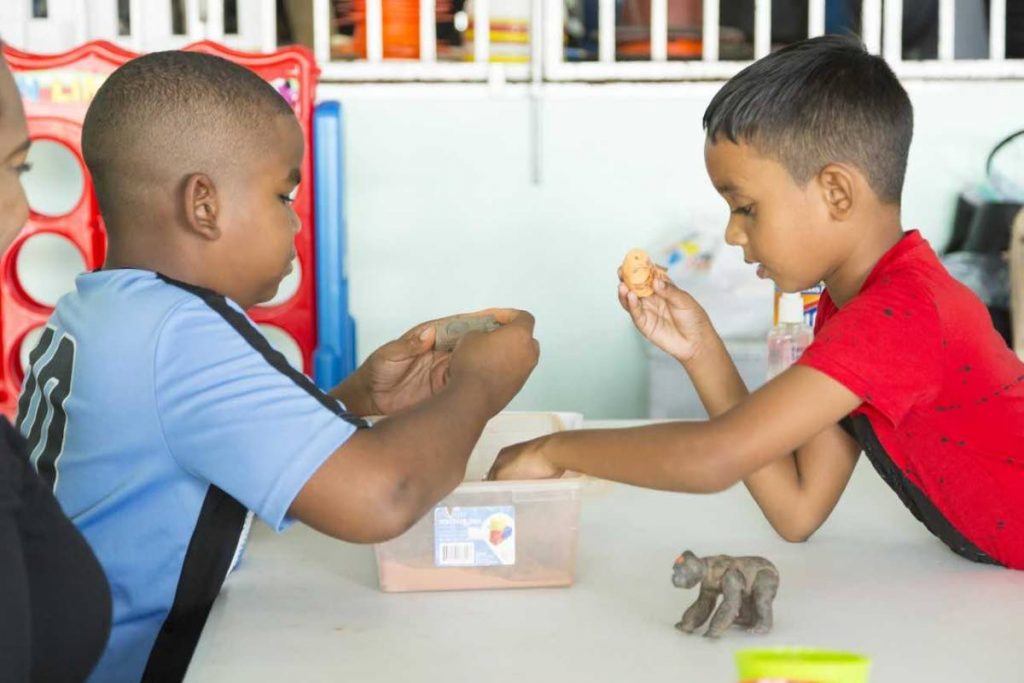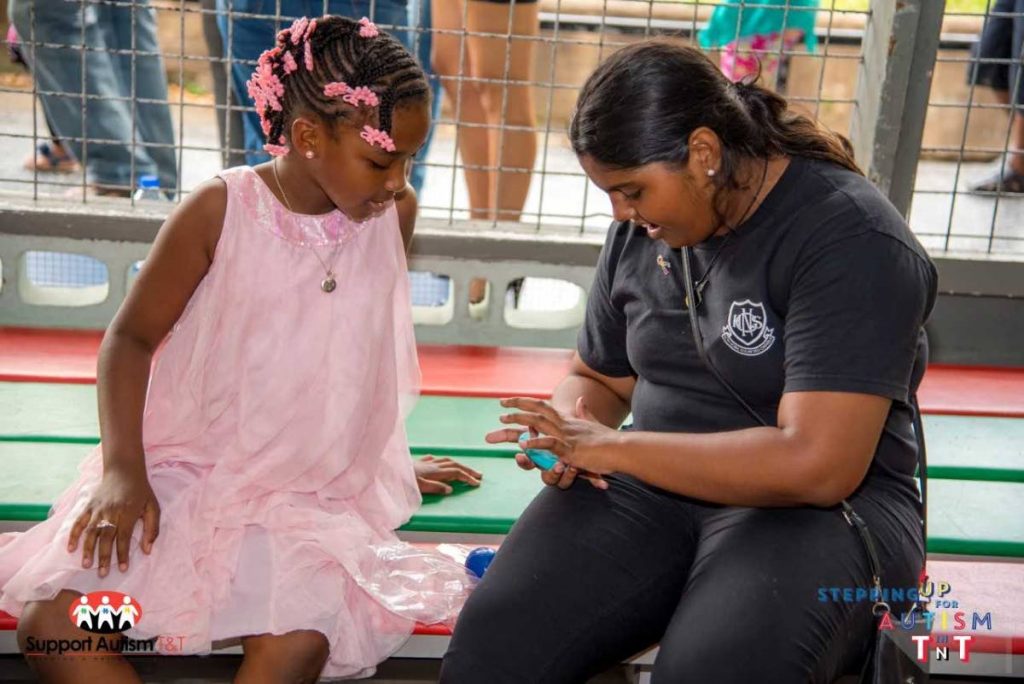The autism fight

DR RADICA MAHASE
“I AM always tired. I am tired of having to fight for every single thing for my child. From getting him into a school, to getting the Special Child’s grant for him, everything is a fight. It is exhausting. I am tired of the neighbour’s children laughing at my child. I am tired of his classmates bullying him. I want my child to have the same opportunities as every other normal child in this country but it’s like everything is working to make sure that that never happens. If I can find a way I will take my family and leave this country.”
Pure frustration and exhaustion could be heard in the voice of Camille as she spoke of her trials in raising a child with special needs. She is not the only parent or caregiver who feels this way.
There are so many little things in our society that contribute towards making it difficult to raise a child with special needs. Little things that can be avoided if we make a conscious effort to do so. Sadly though, some of the things that special needs parents fight against are so ingrained into our everyday behaviour and attitudes that we don’t even understand or realise their impact on the lives of those with special needs.
The "doh-care" attitude. Trinbagonians have this attitude that we don’t need to care about anything. We feel that we don’t need to go out of our way to be nice and friendly or even just polite; if we’re working in the service industry we act like the customers are bothering us; in the government offices we will willingly help our friends but others are just wasting our time.

When the parents of special needs children have to go to Ministry of Social Development and Family Services to see about their children's grants or when they have to visit the Ministry of Education to apply/follow up on teaching aides and they are met with this "doh-care" attitude it is frustrating and demotivating. Because of the "doh-care" attitude parents end up making multiple visits to organisations and businesses to complete transactions that could have been done in one visit.
It’s not my problem. Somehow, it’s never anybody’s problems but yet we have a thriving "macco culture" where we know everyone’s business. It’s not our problem when the child with autism who lives in our street is being bullied but yet that child’s behaviour becomes the centre of conversation when we are liming and we’re quick to tell everyone how "Alicia’s child from up de hill, does real get on bad" or "Sandra’s little boy is retarded you know."
We can outsmart everybody. This is a general attitude that is reflected in our society. We boast of being "Trickydadians" and how we can outsmart people and get away with anything. It’s not very entertaining to the parents/ caregivers of children with autism when a pre-school tells a parent they specialise in special needs but none of their teachers has any training in or experience dealing with special needs, or a person charges $350 for a 45-minute session but is not even qualified as a therapist.
We can change these negative behaviours/attitudes though. We can educate people – education is the key to making people more open and accepting of differences in our society. It can change when adults act as role models to the younger ones. Children copy what they see and when they grow up in a society where the adults respect others and are accommodating towards others they will do the same.
We can also change when we make a conscious effort to teach a younger generation to be open to everyone in our society. Then maybe kids will think twice about teasing, laughing or bullying other kids who are different from them. When we help our children to understand those with special needs we are helping them to be more open-minded and to create a better society. However, when we joke about those with special needs in front of our kids and say things like "that child not normal, that child is harden and needs some good licks, that child is weird, don’t play with him" we are creating a hostile society, unaccommodating of anyone who we believe is not like us.
Behaviours and attitudes can change and when Trinbagonians make a conscious effort to re-examine some of our ingrained attitudes, then special needs parents might not have to fight so much.
Dr Radica Mahase is founder/director, Support Autism T&T


Comments
"The autism fight"